
Addiction is finally getting the attention it deserves as a legitimate medical issue and not simply a “problem” associated with “weak willpower.” Today, medical professionals, scientists, and addiction specialists have a much better understanding of how addiction changes the structure and function of the brain.
While the decision to quit is ultimately up to you (and there’s scant evidence that compulsory addiction treatment is effective), if you’re like so many others who are struggling with addiction, you’ll need help.
Recovery from addiction is a process—one that begins before you make that phone call or set foot inside a treatment facility. Here are some signs you’re getting closer to asking for help.
1. You’ve thought about quitting or have tried to quit before.
Substance use disorders occur on a spectrum, from mild to severe. One person may lose everything to their addiction—their home, job, and close personal relationships. Another person might be able to manage a career and family and maintain an appearance of sobriety, while secretly dealing with addiction.
It’s a false assumption that only when a person has lost everything or “hit rock bottom” they’ll finally seek help. No matter how severe your addiction, if you’ve thought about quitting or have tried to quit on your own unsuccessfully, you already recognize you have a problem. This is a vital step toward the recovery process.
2. You don’t like who you’ve become.
Alcohol and drugs can change your behavior and lead you to do things you would never do while sober. Worse, over time substances can alter your brain function and structure—sometimes permanently.
Prolonged substance abuse can diminish sensitivity in the area of the brain that processes pleasure. It can also reduce your ability to manage stress and can lead to difficulties with decision-making, problem-solving, and impulse control.
If you don’t like who you are when you’re using—whether you become angry and aggressive while drinking or neglect those you love when you’re high—you shouldn’t ignore these feelings. They’re an indication that it’s time to change.
3. You’ve envisioned what life could be without the burden of addiction.
In the throes of addiction, life can become a daily struggle to avoid the pain of withdrawal; or a waiting game for the clock to strike 5 pm so you can finally have a few drinks.
If you’ve imagined what life could be without the weight of drug or alcohol addiction, you’ve already taken an important step toward the process of healing and recovery. The next phase, when you’re ready, is asking for help.
Help Is Available When You’re Ready
Ultimately, only you can decide when it’s time to get help. It can be a bit overwhelming when you start researching how to ask for help, who to get that help from and the best place to receive it.
If you’re not sure whether an addiction treatment facility is the right approach or you can’t decide between inpatient or outpatient treatment, consider getting an assessment from a doctor certified by the American Society of Addiction Medicine or a mental healthcare professional who has experience treating patients with substance use disorders.
If you decide to seek help from a drug and alcohol treatment center, you can visit this previous post I created for Jagged Little Edges about finding the right treatment facility.
One extremely important thing to note is that if you’re dealing with a co-occurring mental health condition, like anxiety or depression, make sure the treatment center you choose also offers mental health care (often called dual diagnosis care in the addiction treatment community).
If you’ve made it to the bottom of this post, you’ve already made it so far. Help is available when you’re ready.
About the Author
Dr. Nancy Irwin is a licensed clinical psychologist on staff with Seasons in Malibu, a rehab center providing world-class addiction treatment and dual diagnosis care. Dr. Irwin is a trauma expert and treats the underlying cause of addictions. She works with a team of psychiatrists, addiction specialists and therapists at Seasons in Malibu, creating unique, personalized treatment programs for every client.

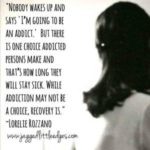
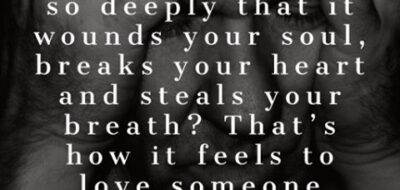
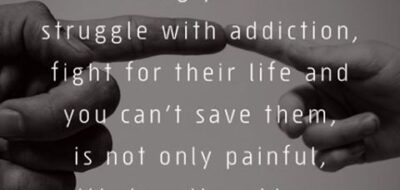
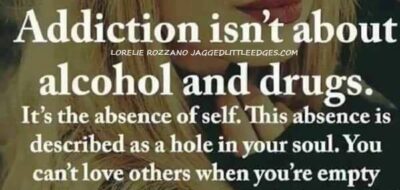
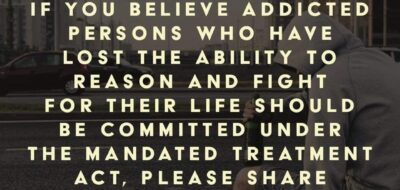
Craig Myers
Great information I can relate to all of this I’m a father in Australia my daughter is in addiction. Looks like your in the US?